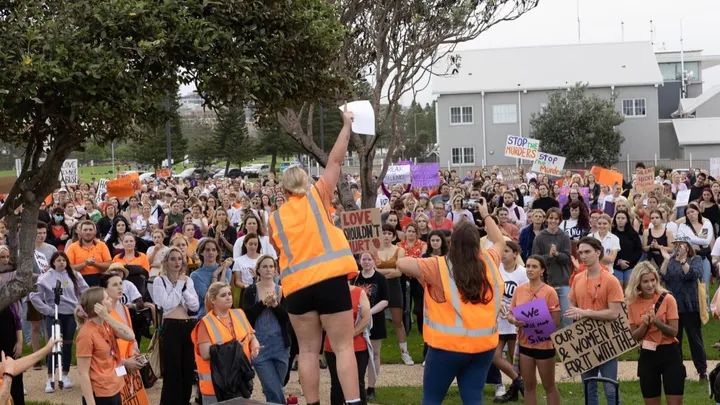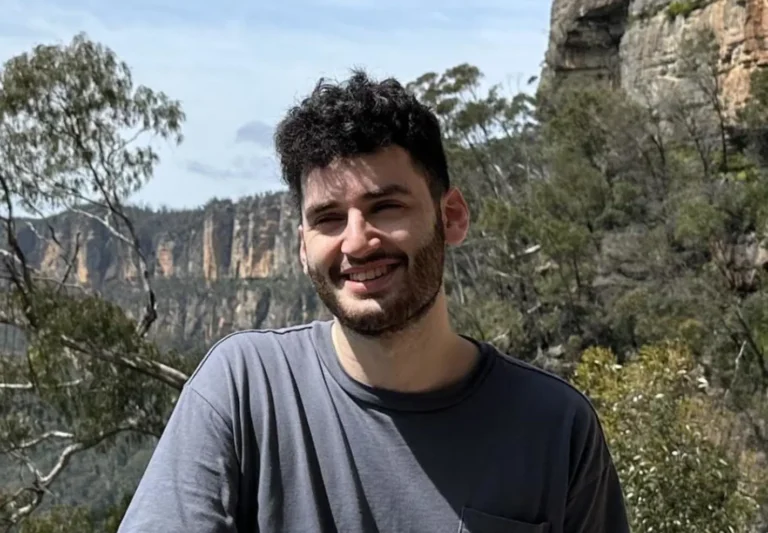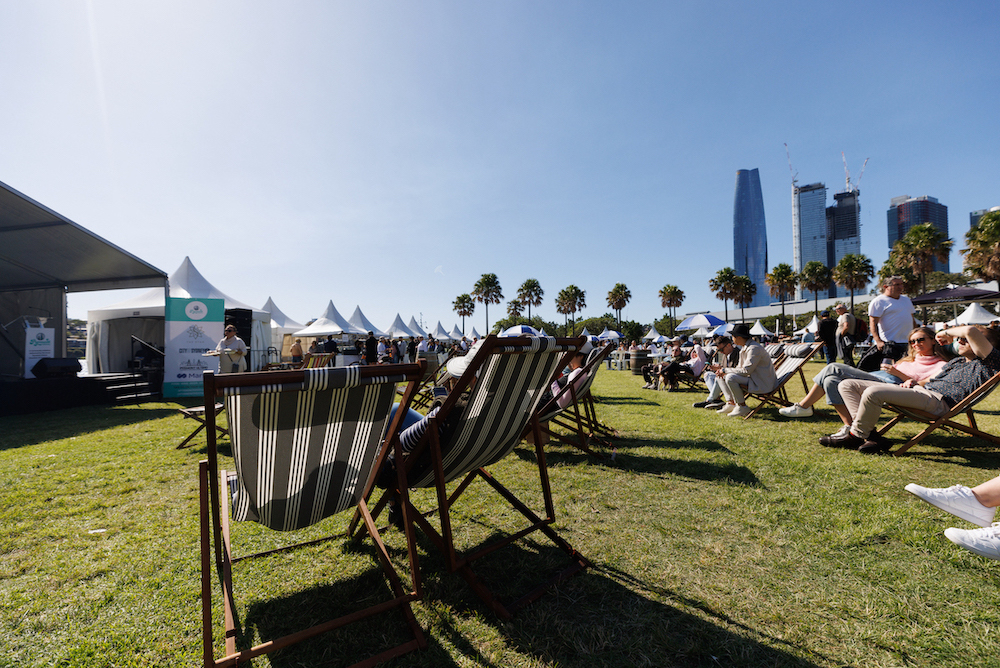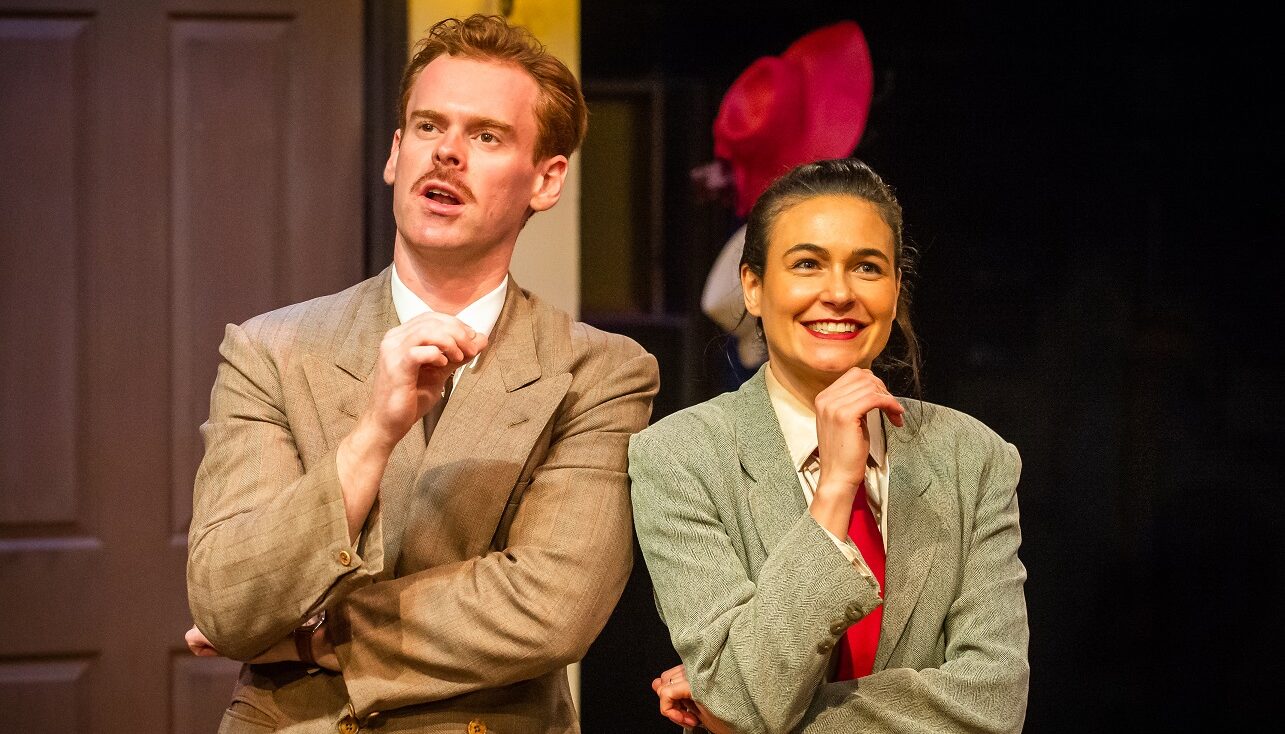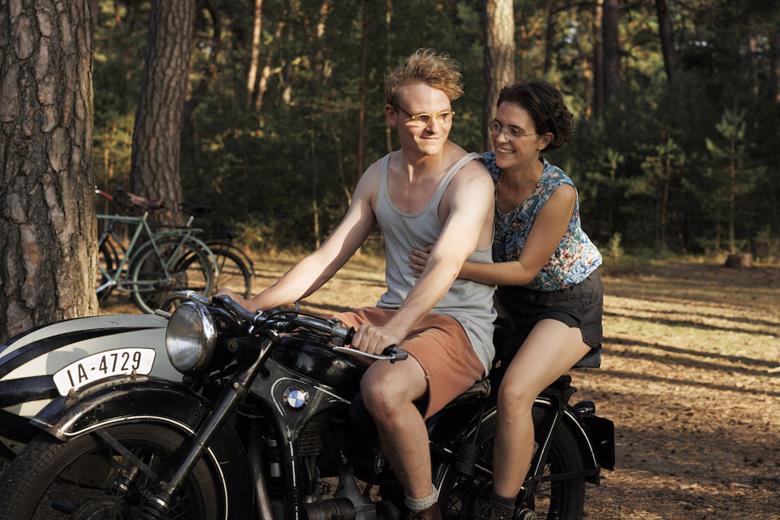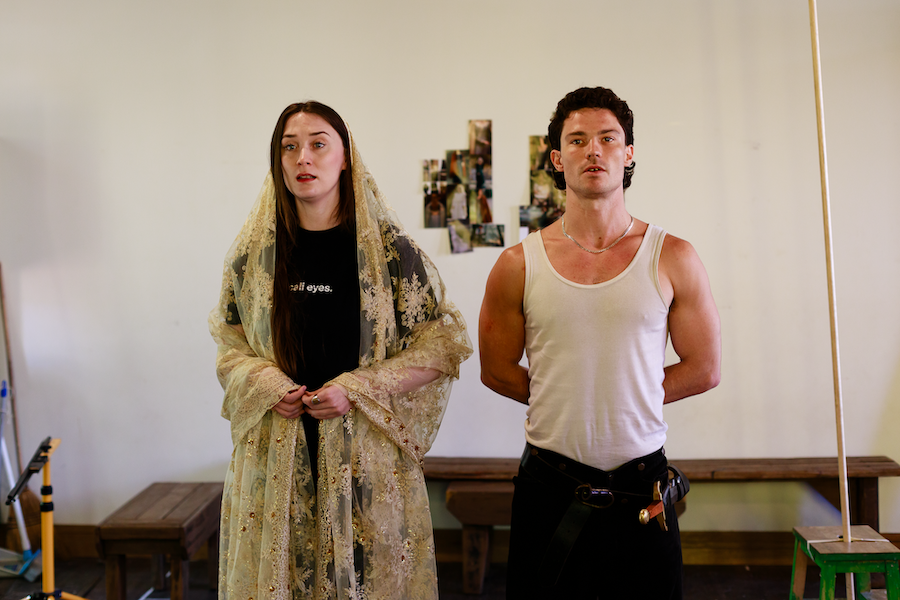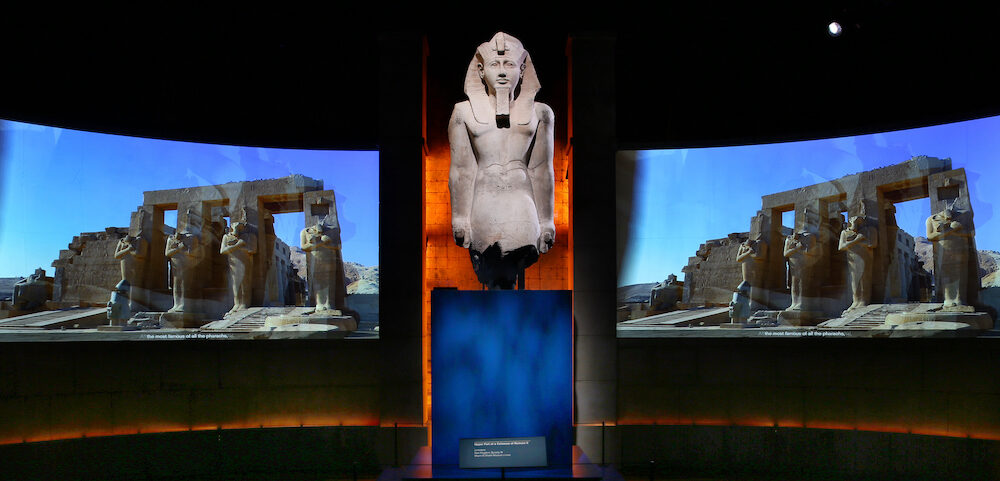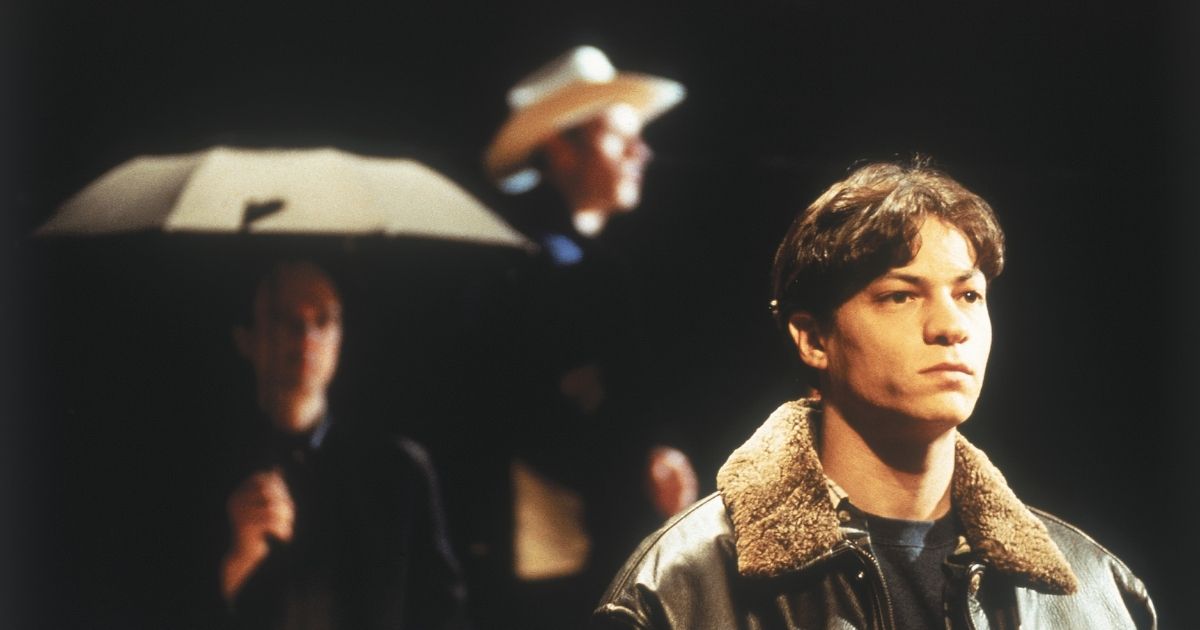
The Divine Wheeler

Today, thanks to technology, it is very easy to do the work of a professional music studio from the comfort of your own home, at a relaxed pace. Though that does not always mean that the required skills are possessed to make the successful debut album dreams are made of. That’s where the traditional studio comes in.
“You can travel the world now and do so much work that used to be done in studios from your laptop. Having said that, I think just because technology makes something available doesn’t mean that you necessarily have the skills to record a guitar or a vocal properly, or to be able to record in a beautiful space,” explains composer/producer Elliott Wheeler who has just released his debut album The Long Time.
As well as his own masterpiece, for the last year Wheeler worked on the soundtrack for Baz Lurhmann’s The Great Gatsby. He collaborated with big-name artists from Jay-Z to Lana Del Ray on the original and re-imagined tracks.
“It was amazing. It was fascinating seeing the way that Baz with his music supervisor Anton Monsted and Jay-Z worked to pull those artists together and the vision that Baz had for how he wanted the music to work in the film,” Wheeler says.
Add to that the recent acquisition of Big Jesus Burger Studios in Surry hills and you have one very busy man.
The infamous Big Jesus Burger Studios has boasted an impressive array of experienced musicians recording at the facilities, from Grinspoon and The Presets to Tim Finn, Silverchair and many more over the years.
Wheeler believes that studios are so important for upcoming bands too, as what they have to offer is far superior to just the tangible things.
“So much of what you get out of a studio isn’t just the gear, we’ve got a beautiful collection of vintage gear here and that’s a wonderful plus but it really is the musical skills and the knowledge of how sounds get put together and being able to use all those different pieces of equipment in a way that it’s going to bring a musical result,” he explains.
“I think that’s what you get from going to a studio. Sure you can pull the drum sounds up on your laptop, but it’s not going to sound the same as an amazing drum sound with an amazing drummer in an amazing space and I think that’s what studios have to offer,” Wheeler adds.
One man who has made the most of technology and the use of a home studio is musician and songwriter Brett Henebery, who last year courtesy of local label Sounds On Fire, had his song Blood in the Snow collaborated on with respected New York Rapper Chino XL.
“A home studio is essential for any musician who is looking for a cost-effective way of producing music. It means they can create their masterpiece without having to rely on record labels or expensive independent studios that charge by the hour,” Henebery says.
“I bought an 8-track for about $1,200 back in 2007 and have recorded over two hundred songs. If I had recorded the same amount of hours through a commercial studio it would have cost me twenty times as much,” he explains.
As well as home studios being a cost-effective way of producing music, Henebery also revels in the relaxed pace and stress free environment that is made available.
“It’s really enjoyable recording music at my own pace, where I want it and how I want it. I’m currently working on a concept album using Propellerhead’s Reason audio software. Being able to work at home with total creative control is helping me produce it free of stress and major expenses,” says Henebery.
It is hard to see what the future holds when it comes to traditional studios competing with home studios, though in Henebery’s eyes it is quite clear.
“Home studios are absolutely the future. As audio recording software becomes more sophisticated we’re able to harness the kind of quality we’d otherwise be depending on a commercial studio to produce. In other words, it puts the creative control and quality in our hands.
“As this kind of software becomes more advanced and common we will see more home-produced masterpieces,” he says.
Wheeler believes that the expense of commercial studios has not changed, the expectations have.
“I think at the end of the day it’s no more expensive than it has been and the [general] costs have come down, the expectation is suddenly different because people can do a lot more work by themselves.
“I think the difference now is that the artist pays for it and not the recording label and that’s probably the big change. The actual cost of hiring a studio is no different to what it has been,” says Wheeler. (AH)
BY ANDREW HODGSON
